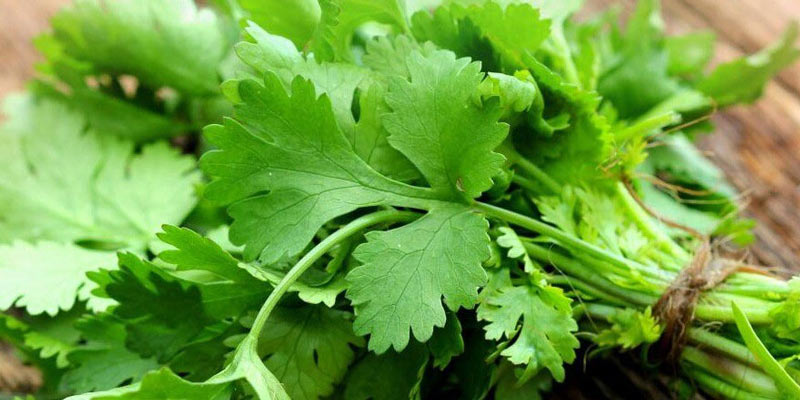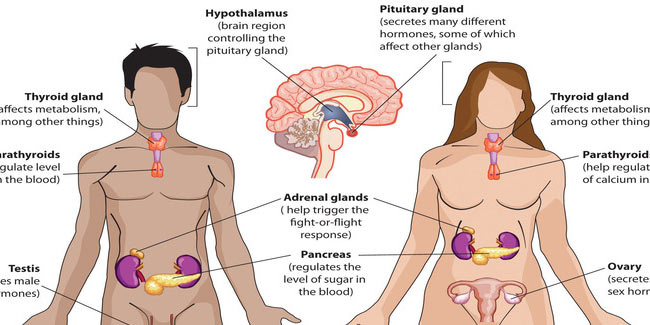Are you looking for a nutritious and delicious way to improve your diet? If so, consider adding millet to your daily routine. Packed full of minerals, vitamins, fiber, and antioxidants - these little grains offer tremendous health benefits that can help you stay energized throughout the day.
From helping with weight loss to boosting immunity, there's no denying that incorporating millets in your meals will improve overall health! Let's explore why including millet in your diet plan pays off today.
Health Benefits of Millets
Nutrient-rich
Millets are packed with essential nutrients, including fiber, vitamins (such as B vitamins), minerals (such as iron, magnesium, and phosphorus), and antioxidants. These nutrients contribute to overall health, support digestion, promote bone health, and protect against chronic diseases.
Gluten-free
Millets are naturally gluten-free, making them a suitable grain alternative for individuals with gluten sensitivity or celiac disease. They offer a nutritious option for those following a gluten-free diet while providing carbohydrates, fiber, and other essential nutrients.
Blood sugar control
Millets have a low glycemic index, meaning they have a minimal impact on blood sugar levels. This makes them a favorable choice for individuals with diabetes or those aiming to manage blood sugar levels.
The slow digestion and absorption of millet can help regulate blood sugar and prevent spikes.
Heart health
The high fiber content in millets and their beneficial plant compounds can support heart health. Millets have been associated with reduced risk of heart disease, lower cholesterol levels, and improved blood pressure control. Their nutrient profile also supports overall cardiovascular well-being.
Digestive Health
Millets are rich in dietary fiber, promoting healthy digestion and preventing constipation. The fiber content helps maintain bowel regularity and supports a healthy gut microbiome. Millets' fiber content also aids in weight management, as it provides a feeling of fullness and can contribute to reduced calorie intake.
Incorporating millet into the diet can provide these health benefits and add variety to meals. It's important to note that individual dietary needs may vary, and consulting with a healthcare professional or registered dietitian is recommended for personalized advice and guidance on incorporating millets into a well-balanced diet.
Types of Millets

There are several types of millet, each with its unique characteristics and nutritional profiles. Here are some common types of millets:
Pearl Millet (Bajra)
Pearl millet is one of the most widely cultivated millets. It has a slightly nutty flavor and is rich in iron, magnesium, and fiber. Pearl millet is commonly used to make flatbreads, porridges, and fermented beverages.
Foxtail Millet
Foxtail millet is a small, yellow grain with a mild flavor. It is rich in antioxidants, protein, and dietary fiber. Foxtail millet is versatile and can be used in various dishes, including upma, pulao, porridge, and desserts.
Finger Millet (Ragi)
Finger millet is dark in color and has a rich, earthy flavor. It is a good source of calcium, iron, and amino acids. Finger millet is often used to make porridges, rotis (flatbreads), and baked goods.
Proso Millet (White Millet)
Proso millet has a mild, nutty taste and a fluffy texture when cooked. It is a good source of B vitamins, fiber, and minerals. Proso millet can be used in pilafs, salads, soups, and rice substitutes.
Barnyard Millet
Barnyard millet has a texture similar to rice and a slightly nutty flavor. It is rich in fiber, calcium, and phosphorus. Barnyard millet is commonly used in porridge, upma, and mixed rice dishes.
Kodo Millet
Kodo millet is small and round with a slightly bitter taste. It is a good source of fiber, protein, and antioxidants. Kodo millet can be used in pilafs, porridges, and rice substitutes.
These are just a few examples of the diverse range of millets available. Each millet type has a unique taste, texture, and nutritional composition, making them versatile and nutritious alternatives to traditional grains. Incorporating a variety of millets into your diet can provide a range of health benefits and add variety to your meals.
Reasons Why You Should Include Millets In Daily Diet

Nutritional Powerhouse
Millets are incredibly nutritious grains that offer a wide range of essential nutrients. They are rich in fiber, vitamins (such as B vitamins), minerals (like iron, magnesium, and phosphorus), and antioxidants.
Including millets in your daily diet gives you diverse nutrients necessary for optimal health and well-being.
Gluten-Free Alternative
Millets are naturally gluten-free, making them an excellent option for those with gluten sensitivity or celiac disease. By incorporating millet into your daily diet, you can enjoy a variety of grain-based dishes without worrying about gluten-related issues.
Blood Sugar Management
Millets have a low glycemic index, meaning they are digested and absorbed slowly, resulting in a slower and more stable rise in blood sugar levels. This characteristic makes millet a valuable addition to the diet for individuals with diabetes or those aiming to manage blood sugar levels.
Heart Health Support
Millets have been associated with various heart-healthy benefits. Their fiber content aids in lowering cholesterol levels and reducing the risk of heart disease. Additionally, the presence of antioxidants in millets helps combat oxidative stress and inflammation, contributing to cardiovascular well-being.
Digestive Wellness
Millets are rich in dietary fiber, promoting good digestive health. The fiber content helps prevent constipation, supports regular bowel movements, and fosters a healthy gut microbiome. By incorporating millet into your daily diet, you can support a healthy digestive system and improve overall gut health.
Including millets in your daily diet offers many benefits, ranging from their nutritional richness and gluten-free nature to their positive impact on blood sugar management, heart health, and digestive wellness.
With their versatility and wide availability, millets can be incorporated into various dishes, such as porridges, pilafs, salads, and baked goods, making it easier to enjoy their numerous advantages.
FAQs
Why should we include millet in our daily diet?
Including millet in your daily diet can offer numerous health benefits, including improved blood sugar control, digestive health, and cardiovascular protection. Millets are a source of complex carbohydrates that provide sustained energy throughout the day, and they also provide essential vitamins and minerals like B vitamins, magnesium, zinc, iron, and calcium.
What may millets in a daily diet prevent?
Millets can help prevent chronic diseases like type 2 diabetes, heart disease, and obesity. Studies suggest that the high fiber content of millet helps regulate blood sugar levels and reduce cholesterol.
Will eating millet daily reduce weight?
Yes, eating millet daily may help to reduce weight. Millets are high in fiber and protein, which can help you feel fuller for longer periods and provide sustained energy throughout the day – this makes it easier to control your calorie intake and lose weight.
Conclusion
After examining the many health benefits of millet and seeing how many types are available, it is clear why so many people have begun to add them to their daily diets. They provide key nutrients and vitamins that are difficult to obtain from any other food source. Moreover, they are a sustainable way to ensure adequate nutrition daily.
For those looking for extra motivation and inspiration, here are the best reasons to include millets in your daily diet: It is cost-effective; provides essential vitamins and minerals; helps prevent certain diseases; aids in good digestion; improves weight management, and boosts nutrient absorption. Do not hesitate any longer; today is the perfect time to make this dietary change!












